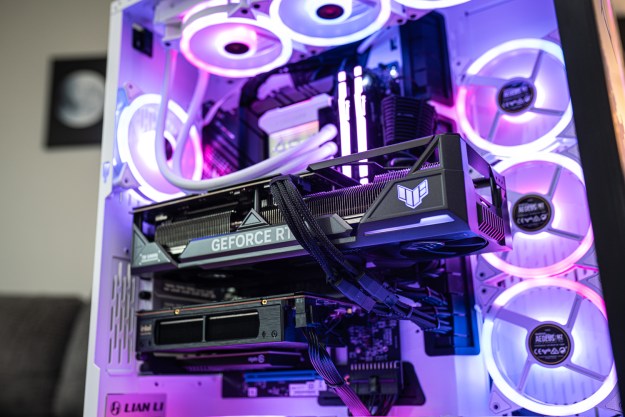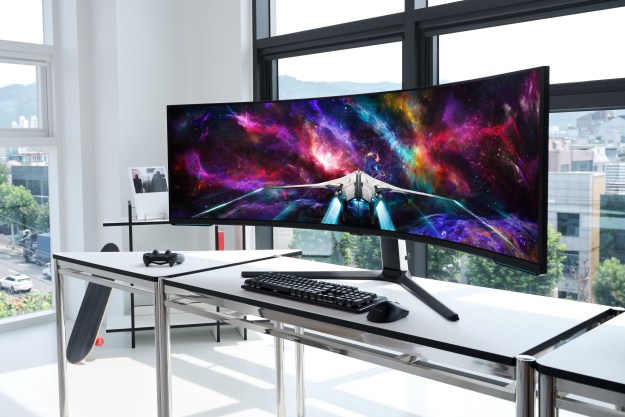
Qualcomm just announced two powerful new processors that excel at generative AI, one for laptops and the other for phones. As the potential applications for artificial intelligence continue to expand from text to images, video, and beyond, faster processing on your own device is becoming more important.
The Snapdragon X Elite is Qualcomm’s exciting new laptop processor, boasting best-in-class CPU performance for Windows laptops and impressive GPU speed. For phones, the Snapdragon 8 Gen 3 blasts by the previous generation with 30% greater speed while drawing 20% less energy from your battery.

CPU and GPU specifications are important, but with its latest release of chips, Qualcomm emphasized the AI processing power of its latest chips. With this improved performance, Qualcomm optimized several generative AI models to run locally on Snapdragon laptops and phones — and it’s claims against Intel, AMD, and Apple are impressive.
So just how fast is it at AI? Well, according to Qualcomm, the new Snapdragon X Elite chips provides 45 TOPS (trillions of operations per second) on INT4 AI benchmark tests and 30 tokens per second on Meta’s advanced Llama 2 AI model. Qualcomm says that’s 4.5 times faster than competitors. The Snapdragon 8 Gen 3 is claimed to process 20 tokens per second, provide real-time segmentation to separate objects in an image for advanced photo processing, and run stable diffusion for image generation in less than a second.
The Snapdragon X Elite is also capable of running 13-billion parameter generative AI models on-device. For phones, 10-billion parameter models can run on the Snapdragon 8 Gen 3. Durga Malladi, Qualcomm’s senior vice president and general manager of technology planning and edge solutions, says the Snapdragon 8 Gen 3 is the first to support multi-modal (images, text, and more) on phones.
Beyond just raw performance, Qualcomm says its on-device AI helps keep queries and results secure, ensuring user privacy. Since your selfies, personal photos and videos, voice, and text are all used with the new multi-modal AI apps, your biometrics and personal data are potentially at risk if you upload to cloud-based AI.
While cloud-based AI is experiencing the growing pains of rapid adoption, as well as the struggles to scale up quickly enough, local AI processing can offer lower latency, less energy use, and lower cost.

Qualcomm explained this is all possible because of the synergy of technology. Several of the most popular AI models have been optimized for Snapdragon processors and make use of the CPU, GPU, NPU (neural processor), and sensing hub working together to deliver results significantly faster than the previous generation. The new chips also support superfast LPDDR5X memory to remove processing bottlenecks.
As the demand for AI increases, Qualcomm’s Snapdragon X Elite for laptops and Snapdragon 8 Gen 3 for phones are ready to make image generation faster, text processing quicker, and both more secure by enabling on-device processing. It will be interesting to see what the first
Editors' Recommendations
- Qualcomm claims its new chips are 21% faster than Apple’s M3
- Qualcomm claims its laptops destroy Intel chips in AI tasks




